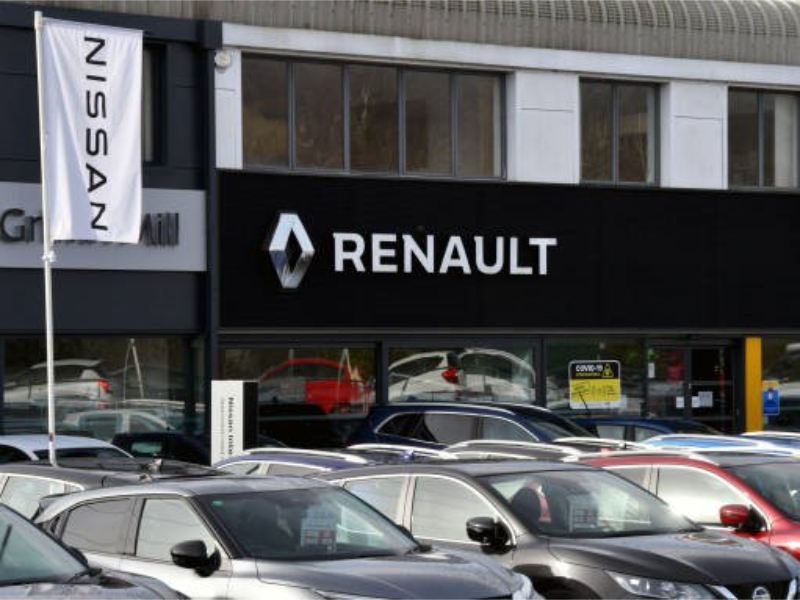- Renault CEO Luca De Meo expressed the need for flexibility in the EV transition timeline due to cost challenges, emphasising that abandoning the objective amid market slowdown would be a strategic error.
- Luca De Meo acknowledged that Renault is not yet on track to achieve 100% electric cars by 2035, highlighting the necessity of reducing costs and gaining customer support.
OUR TAKE
Renault CEO Luca De Meo’s call for flexibility in the EV transition reveals economic challenges and weak consumer demand. With recent European Union elections questioning the 2035 petrol and diesel car ban, the ambitious green agenda faces scrutiny, necessitating pragmatic, economically viable solutions for a successful EV future.
–Jasmine Zhang, BTW reporter
What happened
Renault‘s CEO, Luca De Meo, voiced concerns about Europe’s electric vehicle (EV) transition timeline, stressing the need to reduce costs to meet EV goals.
De Meo, also chair of European Automobile Manufacturers Association (ACEA), mentioned to Les Echos that more schedule flexibility is needed but abandoning the objective due to market slowdown would be a strategic error. He admitted that Renault is not on track to achieve 100% electric cars by 2035, citing the need for customer alignment and cost reductions.
Challenges such as regulatory uncertainty, competition from China, and domestic cost-of-living crises impact the EV transition. Although global EV sales rose by 35% in 2023, they fell in 2024. In June, EU new car sales increased by 4.3%, but battery electric car registrations saw a slight decline.
Also read: Renault-backed EV startup to set up assembly in Hong Kong
Also read: VinFast decides to postpone its EV plant in US
Why it’s important
Renault’s CEO, Luca De Meo, just delivered a viewpoint that Europe’s ambitious EV transition needs a reality check. While the 2035 ban on petrol and diesel cars aims to slash carbon emissions, the dream is colliding with harsh economic realities.
De Meo’s call for flexibility in the EV rollout timeline underscores a stark truth that consumers aren’t buying in, and the costs are still too high. This isn’t just about market trends and it’s about a potential strategic failure that could cripple the industry.
Recent European Union elections have amplified voices demanding a rethink of the 2035 deadline. With weak EV demand and voters questioning the feasibility of an all-electric future, the European Union’s green agenda faces unprecedented scrutiny.
If they push forward without addressing these economic hurdles, they risk not only stalling the EV revolution but also undermining the broader fight against climate change. The path to an electric future must be paved with pragmatic, economically viable solutions.

